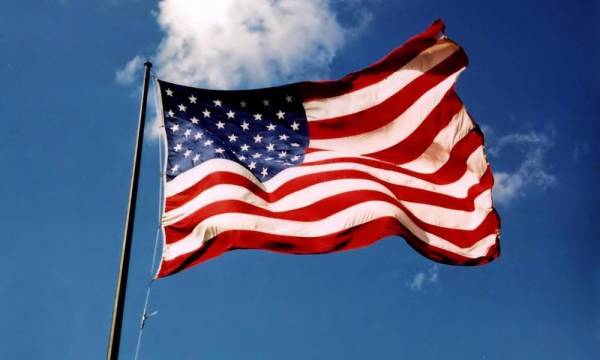Legalized Betting in the U.S.
It was a landmark moment in Colorado on Friday, and one of the state’s biggest sports stars was there to make history. Chauncey Billups, born in Denver, a college star in Boulder and an NBA champion, placed the first-ever legalized sports bet in Colorado history, as the state began its first day as the 21st state in the nation with legalized sports gambling.
Across the country, the Virginia state legislature applied gubernatorial amendments to finalize its states entry into the fraternity of legalized sports betting states, becoming No. 22. On July 1, Virginia will officially be for lovers of sports betting.
The trend of states changing their laws to allow for sports betting has been going strong since the 2018 U.S. Supreme Court decision to overturn the Professional and Amateur Sports Protection Act, allowing states other than Nevada – home of Las Vegas – to play home to sports wagering.
Even as Colorado went live and Virginia signed on to do the same, states such as Missouri, Kansas, South Dakota and Massachusetts have taken steps to increase the number of U.S. states with legal sports action.
The beginning of the end for the PASPA began in 2011, when voters in New Jersey approved a measure to legalize sports betting as a boon to the state’s economy. The law was immediately challenged by professional sports leagues and the NCAA, which pointed to PASPA, passed in 1992 that prohibited state sports betting outside of Nevada.
But the tide of public opinion over sports gambling had already begun to shift away from prohibition. Where once former NBA star and U.S. Senator from New Jersey Bill Bradley had supported the passage of PASPA, by 2014, NBA commissioner Adam Silver was writing an op-ed in the New York Times supporting the idea of legalized sports gambling, which gave a boost to the efforts in New Jersey to test PASPA’s constitutionality before the Supreme Court.
That chance finally came in 2017, and it was in June, 2018 that the court ruled, in a 6-3 decision, to strike down PASPA and clear the way for New Jersey and all states to host sports gambling operations, both in-person and online.
“It is as if federal officers were installed in state legislative chambers and were armed with the authority to stop legislators from voting on any offending proposals,” Justice Samuel A. Alito Jr. said, writing for the majority. “A more direct affront to state sovereignty is not easy to imagine. The legalization of sports gambling requires an important policy choice, but the choice is not ours to make.
“Congress can regulate sports gambling directly, but if it elects not to do so, each State is free to act on its own. Our job is to interpret the law Congress has enacted and decide whether it is consistent with the Constitution. PASPA is not. PASPA ‘regulate[s] state governments’ regulation’ of their citizens, New York, 505 U. S., at 166. The Constitution gives Congress no such power. The judgment of the Third Circuit is reversed.”
Although it was New Jersey that was the plaintiff in the original case, state officials and representatives of the casino industry across the country greeted the ruling as something of an emancipation proclamation. Indeed, even before New Jersey could reap the benefits of the court decision their participation had produced, the state of Delaware became the second state besides Nevada to formally institute sports betting. It was six days later, on June 11, 2018, that New Jersey formally became the third state to offer legalized sports betting.
Other states that would follow included Pennsylvania, New Hampshire, New York, Rhode Island, West Virginia, Mississippi and Arkansas. Other states to pass legislation making sports betting legal include New Mexico, Oregon, Montana, Indiana, Illinois, Iowa, Michigan, Tennessee, North Carolina and Colorado. In early 2020, Washington became the 21th state to legalize sports gambling, before Virginia’s inclusion in April.
Of the remaining 28 states, only Wisconsin, Idaho and Utah do not have any formal bills introduced in their state legislatures.
Sports betting in states where it is legal come in both brick-and-mortar as well as online forms. New Jersey is home to several in-person sportsbooks such as DraftKings and FanDuel, the Daily Fantasy giants who also offer sportsbooks in-person as well as online. BetMGM also operates out of New Jersey.
Most states that offer sports betting do so in conjunction with their local casinos or state lotteries.
Sportsbooks offer much the same betting fare as the traditional set-ups in Las Vegas. Of course, there is betting on the four major U.S. professional sports leagues – NFL, MLB, NBA and NHL – as well as college football and basketball. But sportsbooks also offer international sports contests, such a Premier League soccer or Australian Rules Football. Golf, Tennis and NASCAR are also popular sports bets.
Online sportsbooks also offer a wider array of prop bets, where individual outcomes, such as total yardage or touchdowns by individual football players, to the result of the Super Bowl coin flip, provide consumers with a greater field from which to play.















